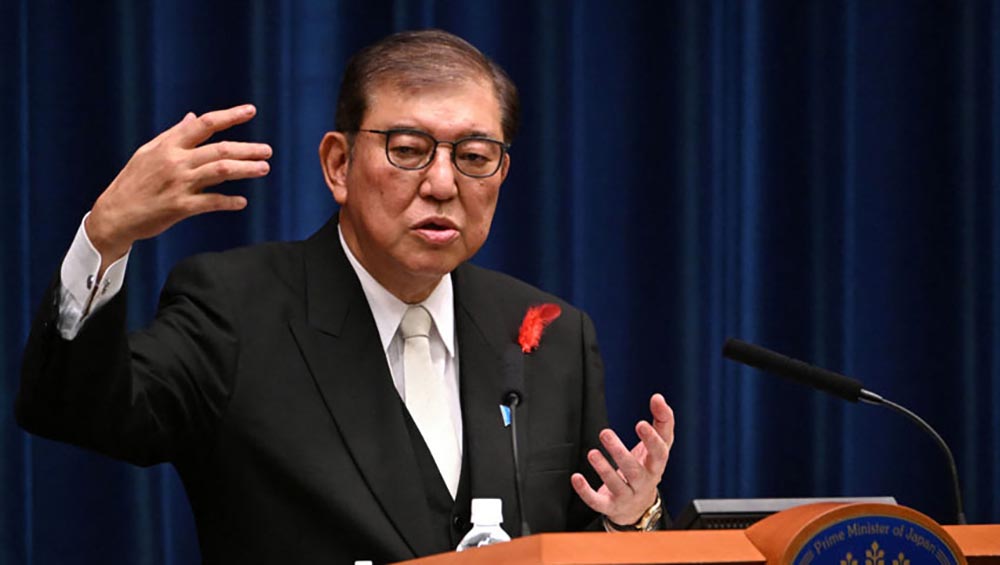Shigeru Ishiba is elected as Japan’s Prime Minister. Shigeru Ishiba was officially chosen as Japan’s Prime Minister after hours of drama, defeating his challenger, Constitutional Democratic Party leader Noda Yoshihide, by 81 votes in the lower house of the Japanese parliament.
Shigeru Ishiba is elected. Following a vote in the bicameral parliament’s upper house on Monday, the race for the lower house began. Ishiba comfortably won the upper house, which was dominated by the ruling Liberal Democratic Party (LDP) and its coalition partner, the Komei Party. However, because Japan’s lower house has policymaking authority that is required for government, winning there was not as easy for Ishiba.
The LDP retained its position as the largest party in the lower house in the October 27 general election, but it fell short of securing an outright majority. The ruling coalition required 233 votes to win a single-party majority in the lower house, which has 465 seats. To achieve this goal, the LDP has engaged in multiple rounds of talks with the Democratic Party for the People (DPP), which won 28 seats.
However, the DPP finally chose not to support either Ishiba or the main opposition candidate Noda, instead supporting its own president, Tamaki Yoichiro, as its candidate. Many political experts in Japan saw the DPP’s action as an attempt to keep a safe distance and establish its own independent position in future elections.
Because the DPP was unable to back Ishiba, the lower house had to vote twice. According to Japanese parliamentary procedure, if no one candidate receives the approval of a majority of parliament members in the first round, the top two candidates advance to the second round. Shigeru Ishiba is elected.
In the second round, Ishiba received 221 votes, falling 12 votes short of a clear majority. Meanwhile, 160 members of parliament supported Noda. As a result, Ishiba was declared the winner, opening the route for him to become Prime Minister.
However, because the LDP and the ruling coalition failed to get 233 votes, Ishiba is now forced to establish a minority administration, a rarity in Japanese politics. Despite his triumph, Ishiba’s future would be difficult due to the formation of a minority government. Shigeru Ishiba is elected.
To pass major laws in parliament, the LDP must to negotiate with the opposition and make concessions in many circumstances. Furthermore, posts such as committee chairmanships will have to be allocated to candidates from the CDP and other opposition parties, reflecting the LDP’s poor status in Japan’s parliament. Shigeru Ishiba is elected.
On the other hand, while the CDP president was defeated in the vote for prime minister, many consider this an indirect triumph for the party. This is because the CDP will now be able to put tremendous pressure on the ruling party to execute its policy stances, and if they can persuade other opposition parties, they may even be able to vote no confidence in the government. As a result, in order to prevent danger, Ishiba must exercise caution. In such a case, the prospect of dissolving the lower house and holding a fresh general election before the end of the four-year mandate cannot be discounted.
However, during the special three-day parliamentary session, Japan’s magazine disclosed DPP leader Tamaki’s extramarital affair, putting him in an embarrassing position. While it is unknown how much of an impact this will have on the legislative session, Japanese media is already reporting that Tamaki is the latest example of an influential figure around the world slipping into the “sweet trap” of controversies.
Shigeru Ishiba is elected


